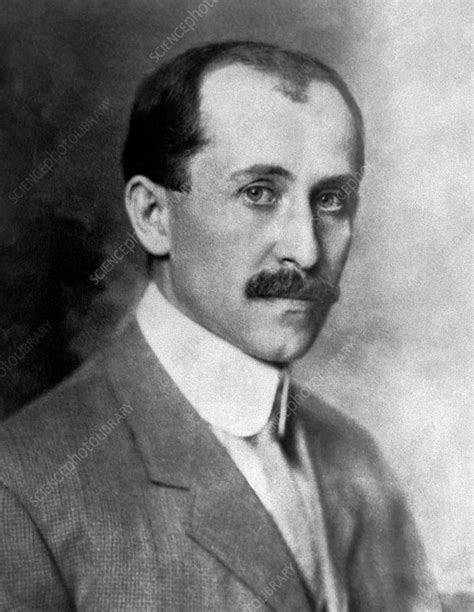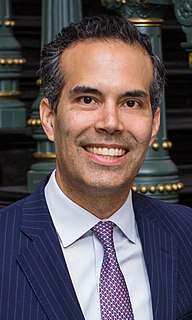A Quote by Fabrizio Moreira
Trump is more conservative on individual rights, domestic issues, economic issues and defense. On the other hand, Clinton is quite liberal and wishes to open the borders for more trades and more immigrants.
Related Quotes
I decided to live as an individual and as I grew older, and thought more, and read more and experienced more, my views became more conservative. But my group is liberal. Not only that, they say, 'If you're not liberal and not a Democrat, you're not black. If you're conservative, you're a sellout.' Here, then, I'm living with that kind of a pressure against my individuality.
We have to deal with issues like inequality, we have deal with issues of economic dislocation, we have to deal with peoples fears that their children won't do as well as they have. The more aggressively and effectively we deal with those issues, the less those fears may channel themselves into counter-productive approaches that pit people against each other.
Thanks to the European Union, Ireland has a much more open climate of discussion and debate, as you can see in the media. It means that we are a more questioning society, perhaps more honestly prepared to address serious issues and problems, more open to the idea that different viewpoints should be heard and respected.
However, there will be a Republican Party platform that will coalesce around their convention. Unless I miss my guess, it will be considerably more conservative on these issues, perhaps even than Governor Romney is, and I think that that will give Americans a clear set of choices about all issues, but about women's issues too.
The nature of the issues facing U.S. students is a bit more complicated in the U.S. because the assault on the social state, until recently, has been more incremental [i.e. the stripping of public services and so forth], whereas in Britain with the rise of the conservative-liberal government, it was immediate and bold in its assault on the social state and higher education.
My own sense as an American is that we have begun to experience the disadvantages of framing virtually all moral issues in terms of individual rights. American history has consisted of swings back and forth between rights talk on the one hand and talk of duties, responsibilities, and the common good on the other hand. Recent decades have seen a big swing toward rights, and conceived in very individualistic terms, which hasn't always been the case even with rights.
































